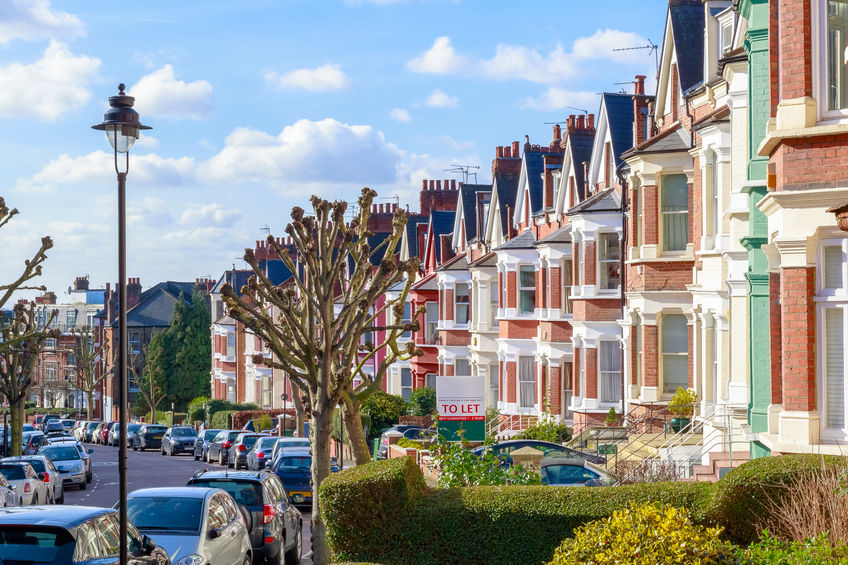Freehold Valuation Insider – Why is it so Hard to Mortgage a Freehold Flat?
by
A professional freehold valuation reveals how much it’ll cost the leaseholders to buy the freehold of their building, for example, a block of flats. But there’s another, more unusual type of freehold, the freehold flat, and it can cause issues if you want to fund your purchase with a mortgage. Here’s what you need to know.
What is a freehold flat?
On the one hand, you arrange a freehold valuation, go through all the legal hoops, and come out the other end as a co-owner of your building’s freehold. It’s a sensible move that can enhance the value of your flat. On the other hand you find a flat you’d love to buy, but the flat itself is freehold and every mortgage lender you approach says no. What’s going on?
A freehold flat doesn’t have any leasehold title. The freehold land is split horizontally like the flats on it, similar to building blocks. It’s very different from a share of freehold flat, where both the lease and the freehold are shared. It’s also different from having a house that includes a flat let on a long lease, where the freehold’s owner keeps the other part of the building as a separate living space.
Why is a freelance flat so hard to mortgage?
There’s nothing wrong with a freehold flat per se. The problems are down to mortgage lenders. Most of them don’t see a freehold flat as good security, a problem to mortgage as well as difficult to sell. In fact, very few lenders will even consider loans against them.
The legal issue is this: because a freehold flat sits within a building you have to rely on your fellow flat-owners to maintain, for example, the roof, the main walls, even the foundations. There isn’t usually a clear legal obligation or agreement between everyone to force people to make repairs or keep things in good condition. There isn’t even a legal obligation to share the costs of the work that needs to be done. Even if there is, when one freeholder sells their flat there’s no legal guarantee that the new owner will agree to do the decent thing. A leasehold, on the other hand, runs with the land so deals with the issue of maintenance and repair via specific covenants.
All this means freehold flats tend to be less valuable and desirable than leasehold flats or flats with part-ownership of the entire building’s freehold. And that means it is also very hard to re-mortgage properties like this.
Can you fix it?
Yes, you can. As long as every flat owner within the property co-operates to bring together the freehold and create a lease for each flat. You can’t do it at all unless you collectively own 100% of the freehold of the building, and if one or more flat owners don’t want to set up leases, you’re stuck.
7 steps to freehold flat happiness – Share the freehold, set up a lease for each flat
- Get everyone’s agreement
- Get a quote from a respected RICS surveyor
- Instruct your solicitors – you all need to do this at the same time
- Your solicitor will get consent from the lenders, asking them to accept the new leasehold title as a substitute for the old freehold title
- Make sure the lease plans are in the right format for the Land Registry
- Draft and complete the leases
- Register the changes with the Land Registry
What does a lease plan look like?
- An accurate representation of the floor plan edged in red with external areas in green
- To scale, usually 1/250 to 1/500 (you’ll need a professional drawing, so hire a RICS surveyor to get it right first time)
- Most leases run for 999 years with a peppercorn ground rent of nothing, also called a ‘virtual freehold’
- It should include default provisions for communal matters like rights of way, piping and wiring that cross common paths
- Everyone’s formal maintenance, repair and insurance responsibilities
- Standard information about the things you can and can’t do in your flat, designed to create a fair balance for everyone in the building: things like restrictions of use, alterations, assignment and underletting
- Any communal rules
Because the Land Registry is involved it’s hard to predict timescales, but eight weeks is not an unreasonable timescale.
Can we help you with a freehold valuation?
If you’re considering buying a freehold flat, it makes sense to carefully consider all of the above before making a decision. On the other hand, if you want to buy the freehold of your building along with the other owners of the flats within the building, we will be delighted to help with a reliable, accurate, detailed freehold valuation.

 +44 (0)20 3355 7909
+44 (0)20 3355 7909 professional@friendandfalckesurveyors.co.uk
professional@friendandfalckesurveyors.co.uk
